ESG
promise
Our Commitments
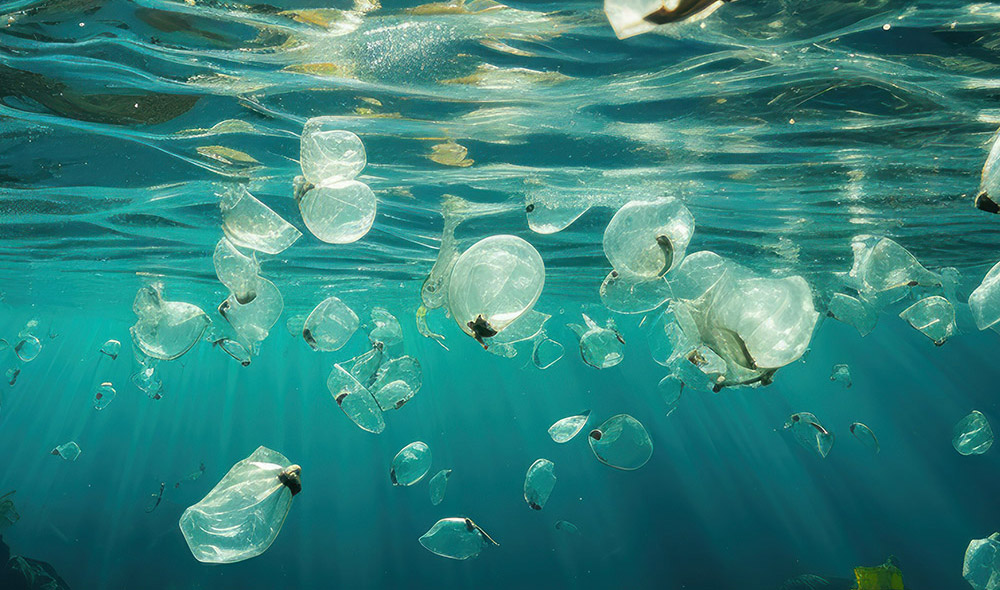
Reducing Harm from Micro plastics to the Environment and Human Health
Studies show that plastic micro beads from plastic products have led to widespread marine pollution and ecological destruction. Single-use plastic packaging and cutlery that we use daily release micro plastics that harm human health. Our developed materials contain no plastic at all. All our products follow the natural ecological cycle and can be naturally decomposed by microorganisms into water, carbon dioxide, organic, and inorganic substances — effectively addressing the problem of micro plastic residue.
Reducing Reliance on Petroleum-Based Raw Materials and Mitigating the Greenhouse Effect
Petroleum refining releases large amounts of carbon dioxide (CO₂), a greenhouse gas that exacerbates climate change. Climate change leads to extreme weather, rising sea levels, droughts, and heavy rainfall, threatening the habitats of many species. Traditional plastic production heavily depends on petroleum and other fossil fuels. We utilize agricultural waste from Taiwan—such as tea stems, rice husks, and lemon peels—combined with resin to create plant fiber composites. This reduces reliance on petrochemical plastics and minimizes the ecological threats caused by plastic waste.
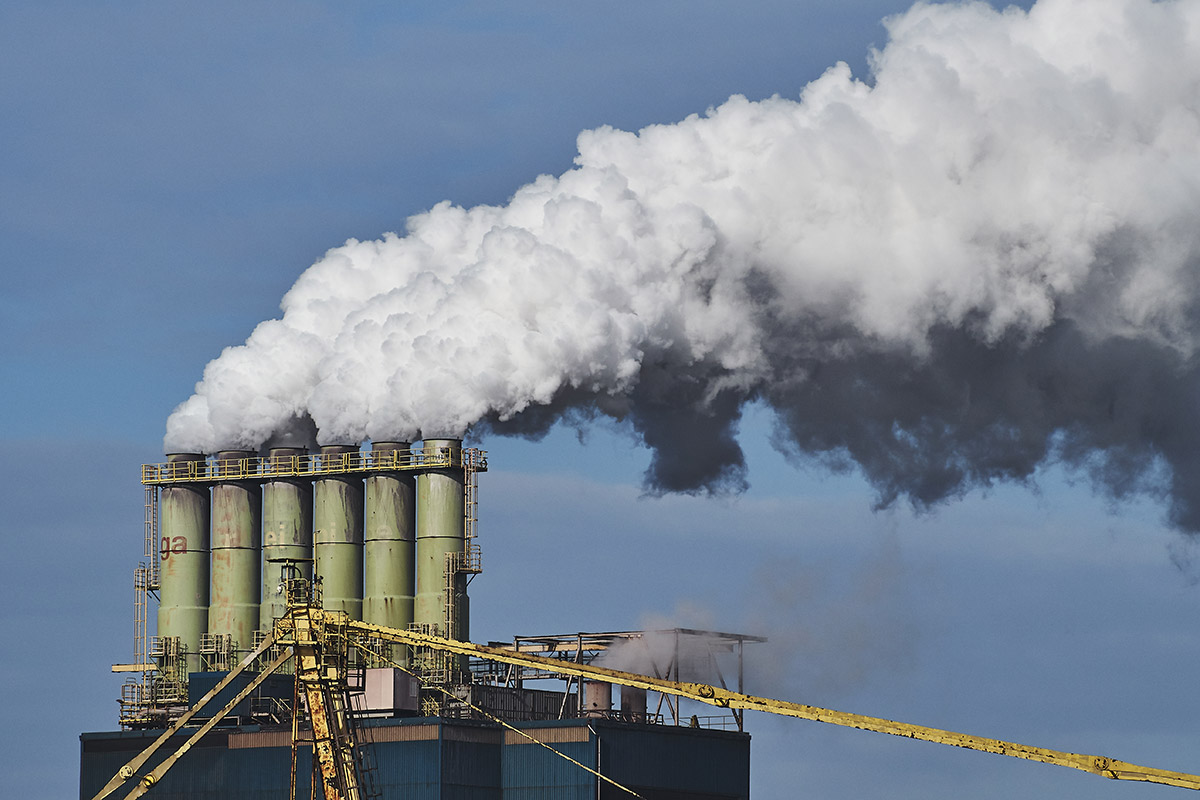
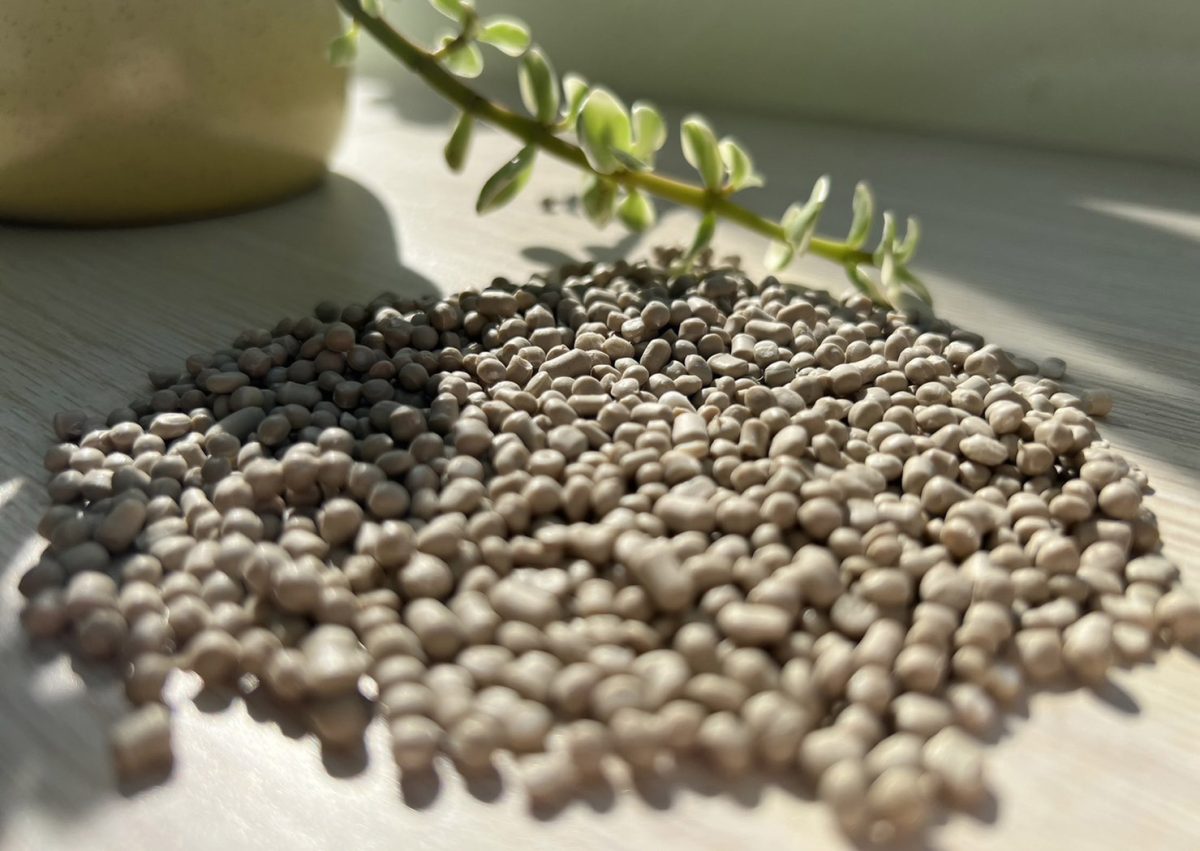
Addressing Recycling Challenges of Traditional Plastics at the Root
Diverse plastic types, outdated recycling technologies, and high recycling costs make traditional plastic recycling difficult. Because conventional plastics are non-degradable, they have become one of the main sources of global environmental pollution. Our plant fiber composite resins can decompose 100% naturally at the end of their product lifecycle. They require no recycling and are non-toxic, free of heavy metal contamination.
Promoting Circular Use of Agricultural By-products and Reducing Resource Waste
Circular use of agricultural by-products not only reduces waste disposal pressure but also creates a closed-loop system for agricultural resources. This decreases dependence on external resources and lowers production costs. We use agricultural waste as one of our main materials, transforming it into valuable resources. This not only reduces dependence on natural resources during traditional manufacturing but also alleviates the environmental burden caused by waste.
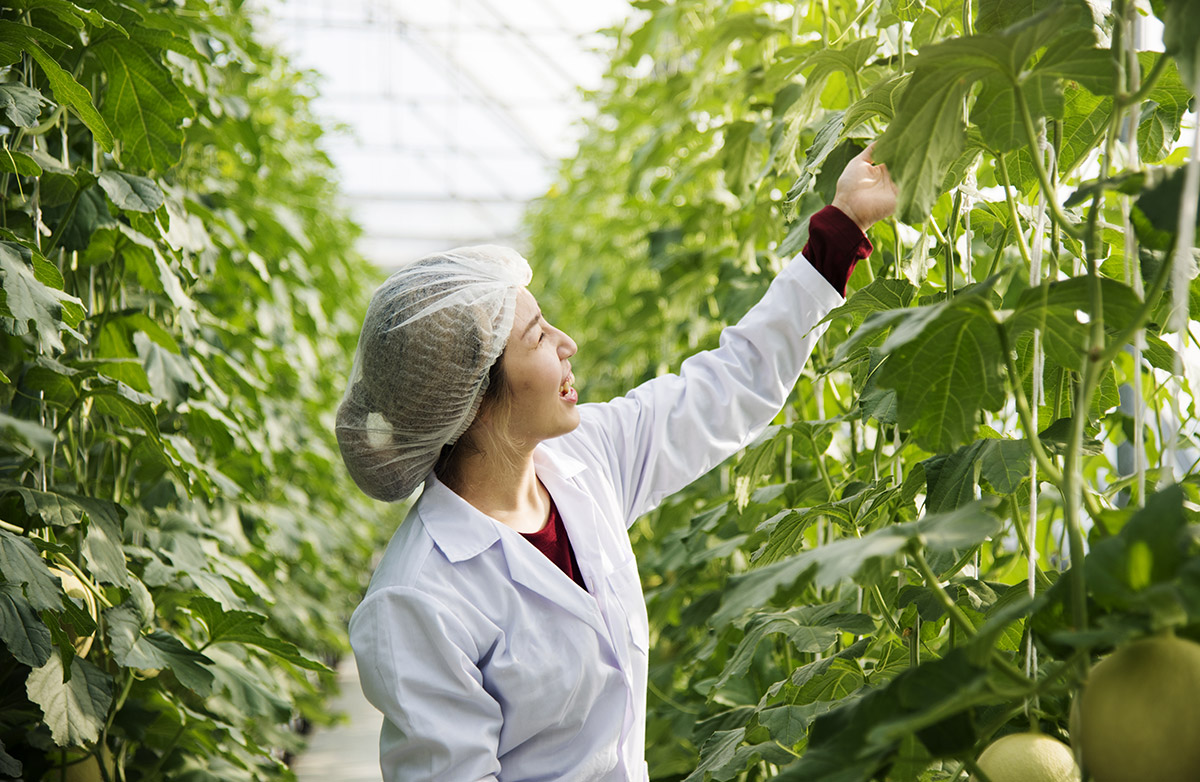
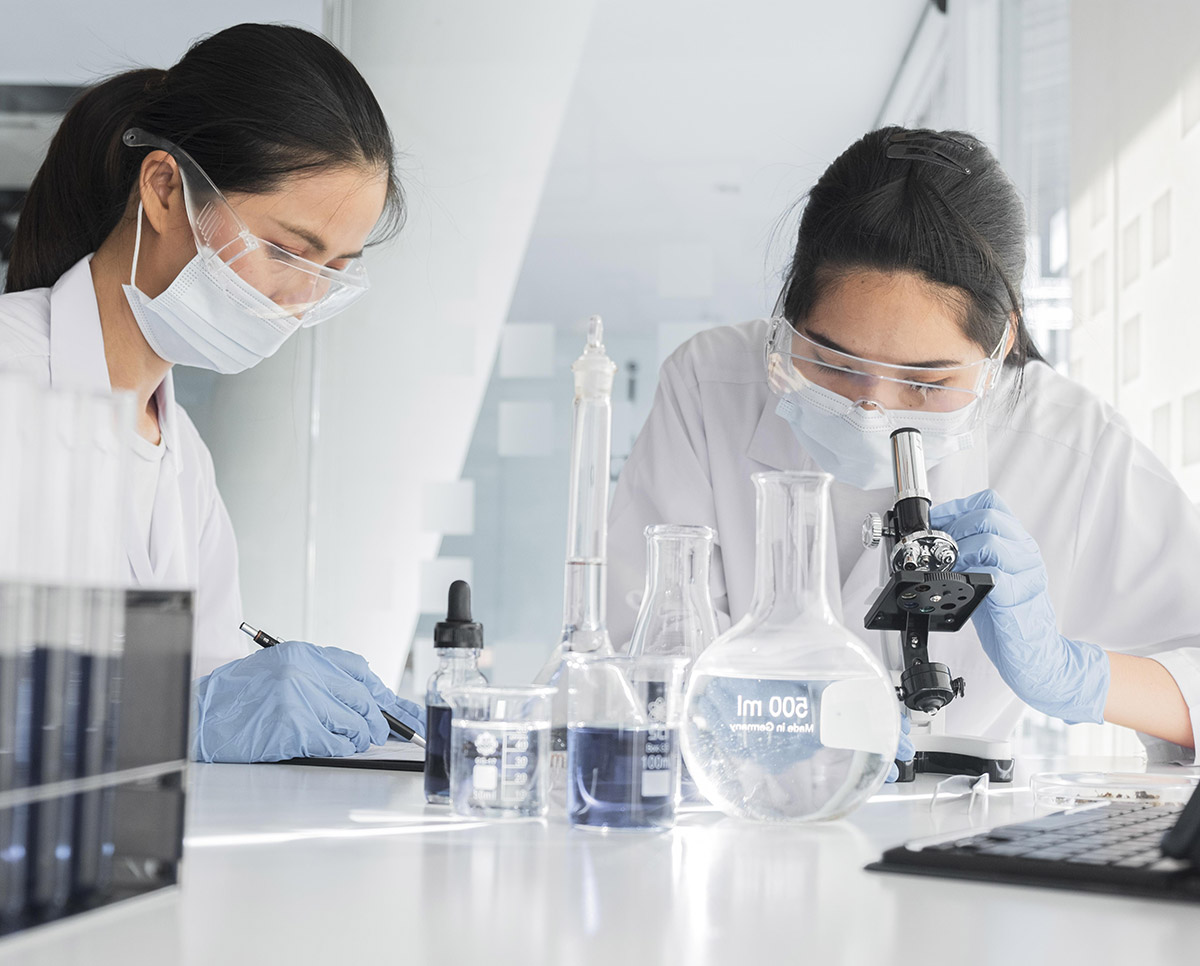
Continuous R&D Investment to Enable Diverse Material Applications
Ongoing R&D is key to driving innovation and addressing current biodiversity challenges. As biodiversity declines and ecosystems undergo significant changes, the demand for sustainable and environmentally friendly materials is rising. We actively invest in the development of innovative materials that reduce dependence on petrochemical products (plastics), lessen environmental burden, and protect biodiversity. These materials are suitable for various manufacturing processes such as injection molding, extrusion, and blow molding. This allows for application in many traditional plastic products, offering safer alternatives and solutions for businesses and society.
PROMISE
Our goals for the future
We are committed to continually improving our products and processes and exploring innovative ways to reduce our impact on the natural environment and biodiversity. Our team will continue to collaborate closely with experts, environmental organizations, and the public to implement sustainable practices across every aspect of our operations.
As active advocates for biodiversity conservation, we pledge to:
- Continue developing innovative technologies to enhance the environmental performance of our materials.
- Work closely with partners and clients to promote and apply eco-friendly products.
- Facilitate policy and industry dialogue to jointly establish standards and regulations that support biodiversity protection.